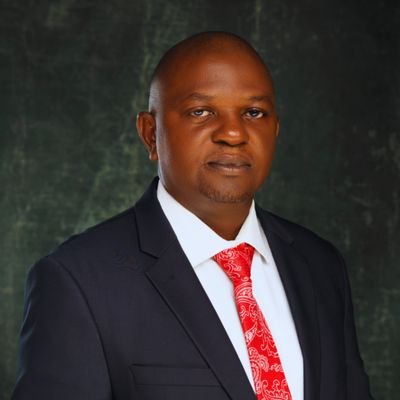Polio Resurgence in Lagos and Flood Prevention Measures

Nigeria is bracing for another year of widespread flooding, with the 2025 Annual Flood Outlook (AFO) identifying high-risk communities across the nation. Engr. Joseph Utsev, the Minister of Water Resources and Sanitation, announced that 1,249 communities in 176 local government areas (LGAs) across 30 states and the FCT are in high-risk flood zones, while an additional 2,187 communities in 293 LGAs face moderate risks. The states identified with high flood risk include Abia, Adamawa, Akwa Ibom, Anambra, Bauchi, Bayelsa, Benue, Borno, Cross-River, Delta, Ebonyi, Edo, Gombe, Imo, Jigawa, Kebbi, Kogi, Kwara, Lagos, Nasarawa, Niger, Ogun, Ondo, Osun, Oyo, Rivers, Sokoto, Taraba, Yobe, Zamfara, and the FCT.
Coastal and riverine areas, such as Bayelsa, Cross River, Delta, Lagos, Ogun, Rivers, and Ondo, are particularly vulnerable due to rising sea levels and tidal surges, which will impact fishing, wildlife, and river navigation. The AFO emphasizes that flash and urban flooding are expected in major cities due to high rainfall, poor water facility management, inadequate drainage systems, and a lack of flood resilience infrastructure. This yearly cycle of prediction and devastation has become a grim reality for many Nigerians.
In 2024, 29 states were affected by flooding between April and September, resulting in 259 deaths and displacing 625,239 people, according to the National Emergency Management Agency (NEMA). The collapse of the Alau Dam in Maiduguri was particularly devastating, leading to 159 deaths and significant economic losses. The Food and Agricultural Organisation (FAO) reported that 1.6 million hectares of farmlands were submerged, causing N1.6 trillion in crop losses.
The government's response has typically involved lamentations, sympathy visits, and the distribution of relief materials, followed by a return to normalcy until the next flood. Citizens often rebuild and reoccupy destroyed buildings without adequate precautions. This year, the government is introducing innovations, including location-specific and community-focused forecasts to enhance early warning communication and preparedness at the grassroots level.
President Bola Tinubu has approved the immediate release of N15 billion to prevent the looming flood disaster, emphasizing the need to avoid a repeat of the previous year's devastation, which affected over five million people, displaced 2.3 million, destroyed 450,000 hectares of farmland, and forced 1.2 million children out of school. He stressed the importance of proactive measures and coordinated risk monitoring to avoid reactive responses to climate-induced disasters.
States are also taking proactive measures to educate communities and relocate people away from flood paths, ensuring minimum comfort for displaced individuals and permanent relocation for those living in vulnerable areas. Citizens are urged to protect their environment by avoiding the blockage of waterways and construction in flood-prone areas. Government agencies must collaborate with neighboring countries on water releases from dams to prevent future disasters.
In a separate development, the United Nations Children’s Fund (UNICEF) has raised concerns about the resurgence of polio in Lagos State. Celine Lafoucriere, Chief of the UNICEF Lagos Field Office, highlighted low immunization coverage, poor sanitation, and malnutrition as factors contributing to the spread of polio and other vaccine-preventable diseases. She emphasized the importance of routine immunization for every child, ensuring a consistent vaccination calendar.
Lafoucriere noted that while vaccines are increasingly available, some populations only access them during campaigns, which is unsustainable. UNICEF is committed to supporting Lagos State and Nigeria by delivering vaccines to hard-to-reach children, training health workers, and building trust in communities. Routine immunization is seen as the only hope for the future, requiring renewed political commitment and health education for the entire population.
Currently, two million Nigerian children remain unimmunized. Since 1974, vaccines have saved over 150 million lives, preventing 24 million cases of paralysis through the oral polio vaccine. Global efforts have reduced polio cases by 99.9% since 1988, demonstrating the power of vaccines in eradicating preventable diseases.










